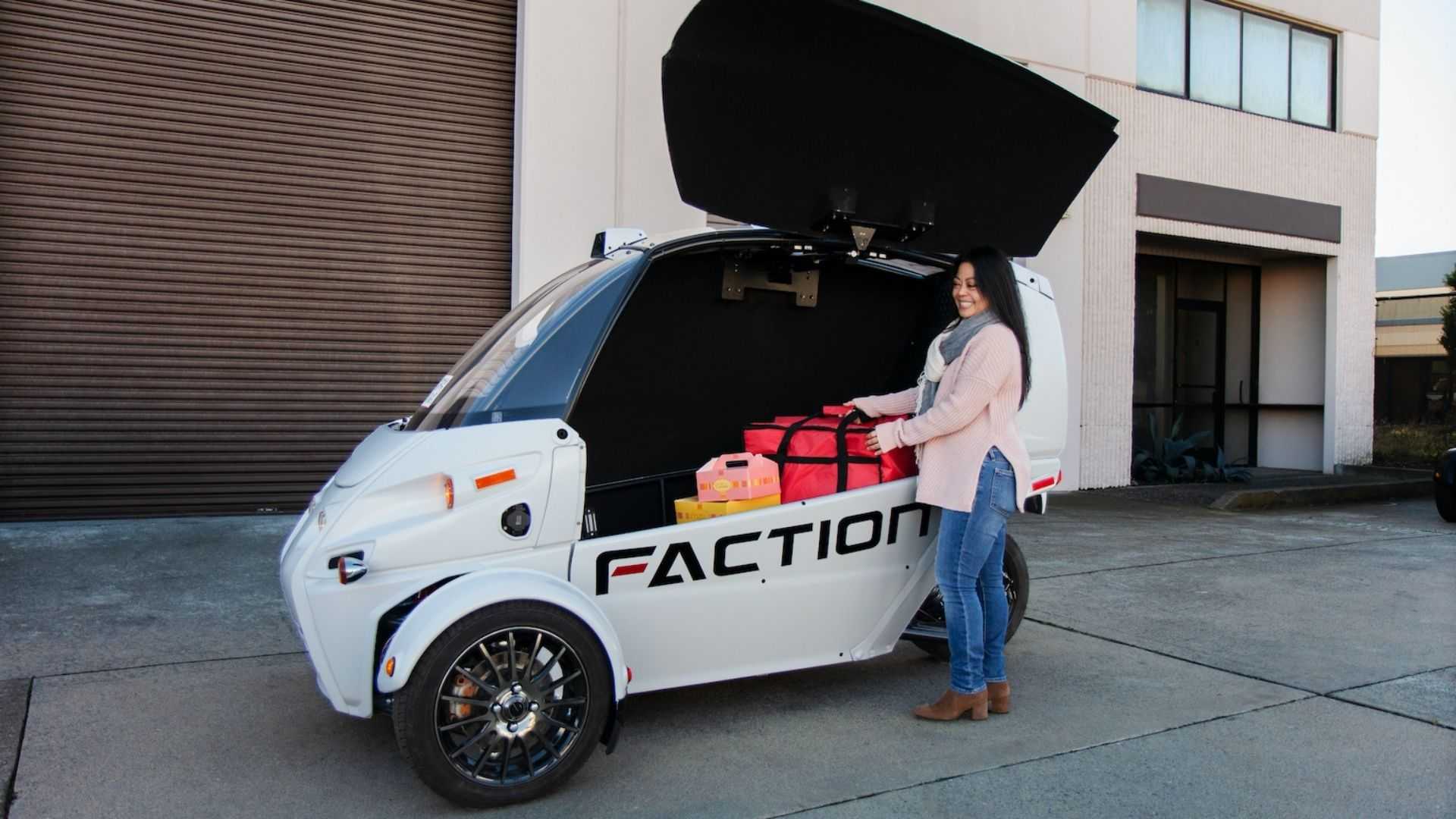The mayors of the Tarragonès region ask that the official Twitter account of the Civil Defense (@emergenciescat) be used only to communicate emergency situations and not for normal operational processes in the chemical industry or so-called “accidents”. This was stated by the mayors of Morell, Eloi Calbet, and of La Pobla de Mafumet, Joan Maria Sardà. Since September, the channel has reported any incidents that companies in the sector report to the Operational Coordination Center of Catalonia (CECAT), such as the scheduled start-up of a plant. According to the mayors, this practice can create “alarmism” or “confusion”. The Civil Protection has already announced that it is studying the creation of a specific profile for Plaseqta.
For example, during the first half of December, the Civil Defense published up to fourteen tweets relating to the Tarragona petrochemical plant. There have been reports of drilling, testing sirens, or starting a plant that may result in an occasional flashlight or noise being emitted.
The mayor of Morell believes that “we have gone from one extreme to the other and we are in a moment where the companies themselves report almost all extraordinary activities”. Calbet assures that they are a “critical advice, we ask that things are done well and that they communicate when and how it is due”. However, he insists that “neither extreme is good. We understand that there must be transparency and disclosure of specific unplanned incidents or incidents that are not anticipated. Now, if normal procedures such as plant start-up are communicated, we create alarm among public opinion. He also fears that the company “will be able to separate the wheat from the chaff” in the event of a real emergency.
The mayor of La Pobla de Mafumet, Joan Maria Sardà, agrees with the mayor of the neighboring municipality: “I understand that it should be communicated when it is really necessary” and not “usual” processes. Sardà believes that “a lot of information can create confusion” among the public, although he welcomes the publication in case there are effects abroad such as the lighting of a torch. “I wouldn’t want the neighbors to see it as routine,” says the mayor of La Pobla. “Emergency channels must be used in an emergency,” concludes Calbet. “We should rethink it,” he adds.
A specific profile for Plaseqta
Since September, the Civil Protection has changed the communication of chemical accidents following the return of management of the Chemical Emergency Plan to Tarragona. Today all those “accidents” that are perceived from outside the premises are reported. As stated in the Plaseqta, an accident is “any malfunction of the installation in which a dangerous substance is not involved and which can be controlled by the usual established means without affecting the safety of structures, people or the environment.”, also including «any event that can be perceived by the population and above all if susceptible to create alarm, such as sound emissions, smoke, flames in safety devices such as torches or other similar situations».
On the complaint of the mayors of Morell and La Pobla, sources of the Civil Protection have assessed that “everything can be improved”. However, they assured that “the @emergenciescat channel is not only for reporting serious incidents” and indicated that until a few months ago only incidents that had an external influence over time were reported and in these cases “it was me he was late.”
Now they are studying the opening of a specific Plaseqta Twitter account, that is, for accidents, consultations or exercises related to the Tarragona petrochemical, following the example of specific road traffic accounts.
Distinguishing an emergency from a “normal process”
The researcher of Asterisc, the research group on communication of the Urv, Jan Gonzalo, on this change of protocol, underlines that the Civil Protection “sets itself a very high challenge, just as it is wanting to denounce everything”. However, he says that “people are able to distinguish when it’s a strike or a normal process” and justifies the change in recent months: “They tweet because it can have an external affectation and generate alarm: some noises, some flames or some sirens. Then the user looks at Twitter and sees what happens. The citizens of Camp de Tarragona are more aware of the risk of an emergency, according to the URV expert, and “know how to distinguish between a tweet saying ’emergency, limit yourself ‘ to one who says ‘unemployment, noise’.
The Chemical Affairs Association of Tarragona (AEQT) believes that “it is important to distinguish between what is defined as a minor accident and emergency situations. Minor accidents are common situations, often even planned or part of processes, and which they do not imply a risk or emergency situation The president of the AEQT, Ignasi Cañagueral, sees these communications as a “bet for transparency” in the chemical sector of Tarragona.
The challenge of communicating the emergency
For the URV man, “the big challenge is to react quickly enough to inform the population at the moment of the exceptionality” and he believes that this has not happened in recent incidents, such as the petrol leak at a hydrocarbon company Constantí lo last September. “In an odor-generating escape situation, will management be able to coordinate with business to generate correct and relevant information about that unplanned situation?” Gonzalo wonders.

